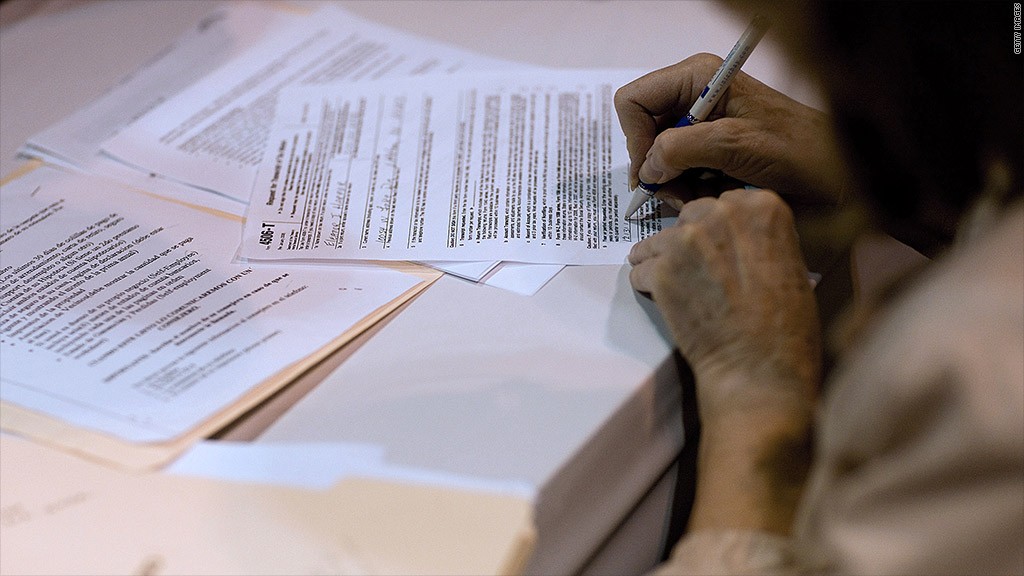Is my money safe after foreclosure
Post on: 16 Март, 2015 No Comment

Dear Bankruptcy Adviser,
If I own two homes and I let one of my mortgages go into foreclosure, can the bank levy my account for the delinquent debt? If so, should I file for bankruptcy on one residence instead of allowing the bank to foreclose?
Dear Tammy,
You have two issues you need to address. First, will the lender sue you after the house is sold? Second, can the lender take money directly from your bank account?
Let’s take these questions one at a time.
Your first question is: Will the lender sue me?
You must be very careful when you allow a rental property to go into foreclosure. Most states do not protect the property owner from deficiency balances that occur after the rental property is sold or foreclosed on. A deficiency balance is the amount owed after a property is sold. For example, you owe $200,000 on a mortgage loan and sell the property for $150,000. The deficiency balance is $50,000, which could be your responsibility to pay.
The lender will decide whether it is worth it to sue you for the deficiency balance. That will depend on the state in which you live and the amount of the deficiency.
It is hoped that you have made a good faith attempt to modify your mortgage loans prior to foreclosure. Even look into a short sale if the property value is less than what you owe. While your credit score could still take a beating, at least you will have the opportunity to avoid the extremely negative foreclosure mark on your credit report.
Tread carefully with any short-sale agreement. Lenders have very strict guidelines prior to approving one. Credit unions and traditional lenders may require that you agree to pay the deficiency balance remaining once the property is sold. That could be a significant amount of money and could force you into bankruptcy.
Your second question — is my money safe — is a bit more complicated.
Money in your bank accounts may be protected. In general, if you have a mortgage loan and checking account with a traditional bank, and you fail to make your mortgage payment, the bank cannot take money directly out of your checking account. The bank must follow the normal procedures of suing you and getting a judgment. Then it needs court approval before taking money directly from your account.

However, you need to be very careful regarding the type of bank account you have with the traditional bank. The type of debt determines your risk. If the debt you have with a bank is considered to be business debt, regardless of whether you have personally guaranteed the debt, then a bank can more easily take money out of personal or business checking accounts. You ought to discuss this with an experienced bankruptcy attorney because of the significant risk to the money you have in the account.
Credit unions do not have to follow the judgment process and can take money directly out of your checking, savings. money market and possibly your IRA accounts. You must act immediately, and do not think that the credit union will make an exception, even if you have a 20-year history with it. Credit unions do not take kindly to any financial loss.
The safest approach is to close down all checking, savings and investment accounts when you have delinquent credit accounts. Don’t fool yourself into thinking that the bank will consider the length of your relationship with them. Past relationships do not matter at all.
The safest approach is to assume that your money is not safe and open up a new account elsewhere. You don’t want to find out the hard way that your money has been taken and you cannot pay your bills .
Bankrate’s content, including the guidance of its advice-and-expert columns and this Web site, is intended only to assist you with financial decisions. The content is broad in scope and does not consider your personal financial situation. Bankrate recommends that you seek the advice of advisers who are fully aware of your individual circumstances before making any final decisions or implementing any financial strategy. Please remember that your use of this Web site is governed by Bankrate’s Terms of Use .
To ask a question of the Bankruptcy Adviser, go to the Ask the Experts page and select Bankruptcy as the topic. Read more Bankruptcy Adviser columns and more stories about debt management.
Create a news alert for bankruptcy














